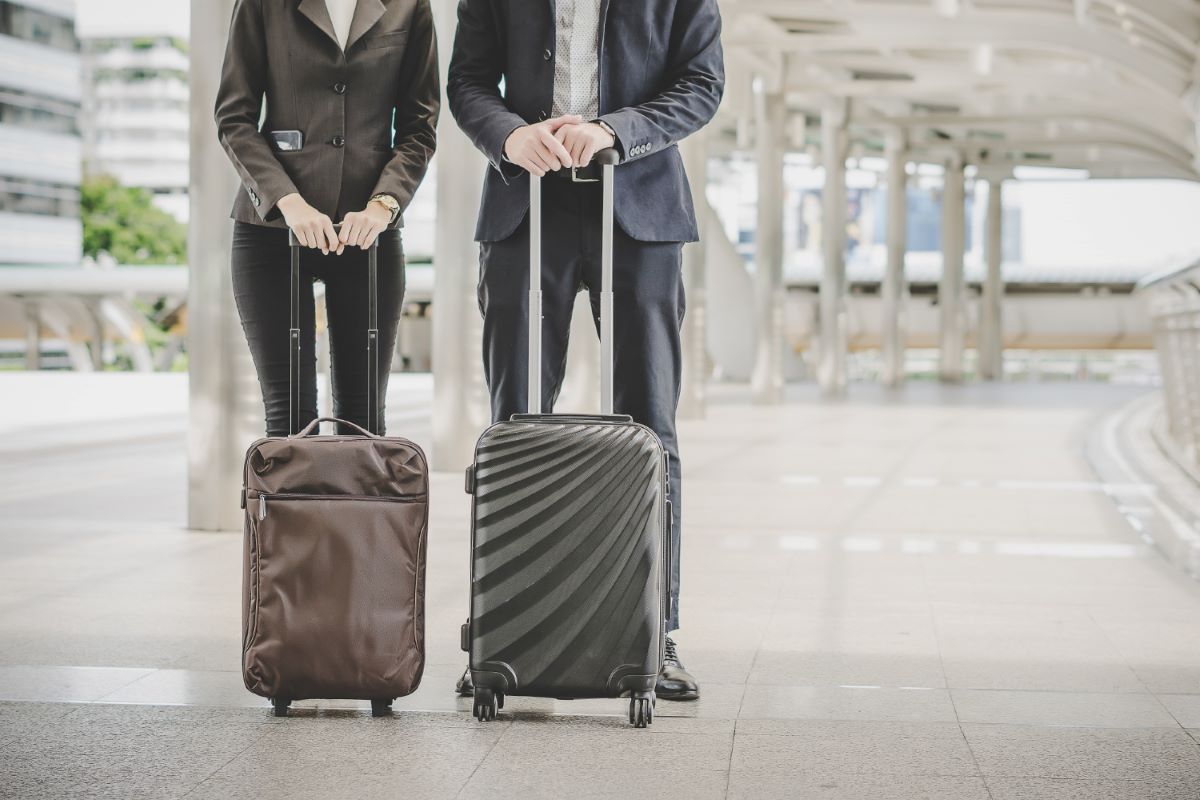Travelling to the United Arab Emirates (UAE) is an exciting experience, whether for business, tourism, or employment purposes. However, to ensure a smooth journey, it’s essential to be aware of the items you can and cannot carry in your check-in baggage when flying from India to the UAE.
In recent times, there has been an upsurge in rejected check-in baggage at Mumbai International Airport, primarily due to the presence of prohibited items. This guide will help you understand the rules and regulations, ensuring you have a hassle-free journey.
The Authorities’ Stance
The surge in the India-UAE air corridor’s popularity has led authorities to release a list of items that are strictly prohibited in flight check-in baggage. The prohibition aims to enhance passenger safety, especially since the festive season often witnesses a substantial increase in the number of travellers.
Prohibited Items: What Not to Carry
Here’s a list of items that you should avoid packing in your check-in baggage when travelling from India to the UAE:
1. Dry Coconut (Copra)
Dried coconut, also known as copra, is prohibited due to its high oil content, which can pose a fire hazard. When exposed to heat or pressure, the oil in dried coconut can ignite, potentially leading to a fire on board. This item was added to the banned list by India’s Bureau of Civil Aviation Security (BCAS) in March 2022.
2. Crackers
Carrying crackers is strictly prohibited in your check-in baggage because they are considered hazardous due to their explosive potential. The risk of combustion during transit makes them a significant safety concern.
3. Matchboxes
Matchboxes are not allowed in your check-in baggage as they are flammable and pose a fire risk. The friction from striking a match can accidentally ignite, endangering the safety of the flight.
4. Paint
Carrying paint in your check-in baggage is forbidden due to its flammable nature and potential for spillage. Paint can contain volatile organic compounds that are not safe to transport in the cargo hold.
5. Camphor
Camphor is a combustible substance and is, therefore, not allowed in your check-in baggage. It can readily catch fire under certain conditions, posing a safety risk.
6. Ghee and Oily Food Items
Items like ghee and other oily food products like pickles are prohibited in check-in baggage due to their flammable properties. The high oil content in these items can become a fire hazard if they come into contact with heat or pressure.
7. E-Cigarettes
Electronic cigarettes are not allowed in your check-in baggage, primarily because of their batteries, which can be a fire risk. The lithium-ion batteries in e-cigarettes have been known to malfunction and start fires.
8. Lighters
Lighters, as expected, are banned due to their inherent fire hazard. The flame and gas in lighters pose a significant risk in the cargo hold.
9. Power Banks
Power banks, though common in daily use, are not allowed in your check-in baggage due to their lithium-ion batteries, which can pose a fire risk. Overheating or short circuits can lead to battery fires, making them a safety concern.
10. Spray Bottles
Spray bottles containing pressurized substances are restricted in check-in baggage due to their potential to explode. The pressure within these containers can cause them to rupture, potentially damaging other cargo or posing a safety risk.
Reasons for the Prohibition
These items are prohibited because they are considered to be dangerous goods. Dry coconuts, crackers, matchboxes, and paint are flammable and can cause fires. Camphor, ghee, and pickles are oily and can leak, causing damage to other baggage. E-cigarettes, lighters, and power banks are batteries that can overheat and cause explosions. Spray bottles can contain pressurized liquids that can leak and cause damage.
The Importance of Awareness
The increasing incidents of rejected check-in baggage highlight a lack of awareness among passengers about the banned and hazardous items on flights. To avoid any inconvenience or safety risks, authorities strongly urge travellers to prioritize understanding and adhering to the guidelines provided by the airport or airlines.
Check-In Baggage Screening Process
It’s essential to note that the proportion of rejected check-in baggage compared to the total number of screened bags increased from 0.31 per cent in December 2022 to 0.73 per cent in May 2023.
Mumbai International Airport boasts an advanced baggage screening system with an 8-kilometre baggage belt that can handle 9,600 bags per hour at Terminal 2 and 4,800 bags per hour at Terminal 1.
Tips for Travellers
Here are a few tips for travellers to avoid any inconvenience at the airport:
- Check the list of prohibited items before packing your bags.
- Pack all liquids, gels, and aerosols in containers of 100ml or less and place them in a transparent re-sealable plastic bag.
- Pack any powders in containers of 350ml or less.
- Pack any batteries in a protective case.
- Do not carry any prohibited items in your check-in baggage.
Final Words
In conclusion, when travelling from India to the UAE, it’s crucial to familiarize yourself with the list of prohibited items and adhere to the safety guidelines set by the airport and airlines.
This ensures a seamless journey and contributes to the overall safety and security of all passengers. By being informed and responsible, you can enjoy your travel experience without any unnecessary disruptions.
Follow and connect with us on Facebook, Twitter, LinkedIn, Instagram and Google News for the latest travel news and updates!





